by David Neff
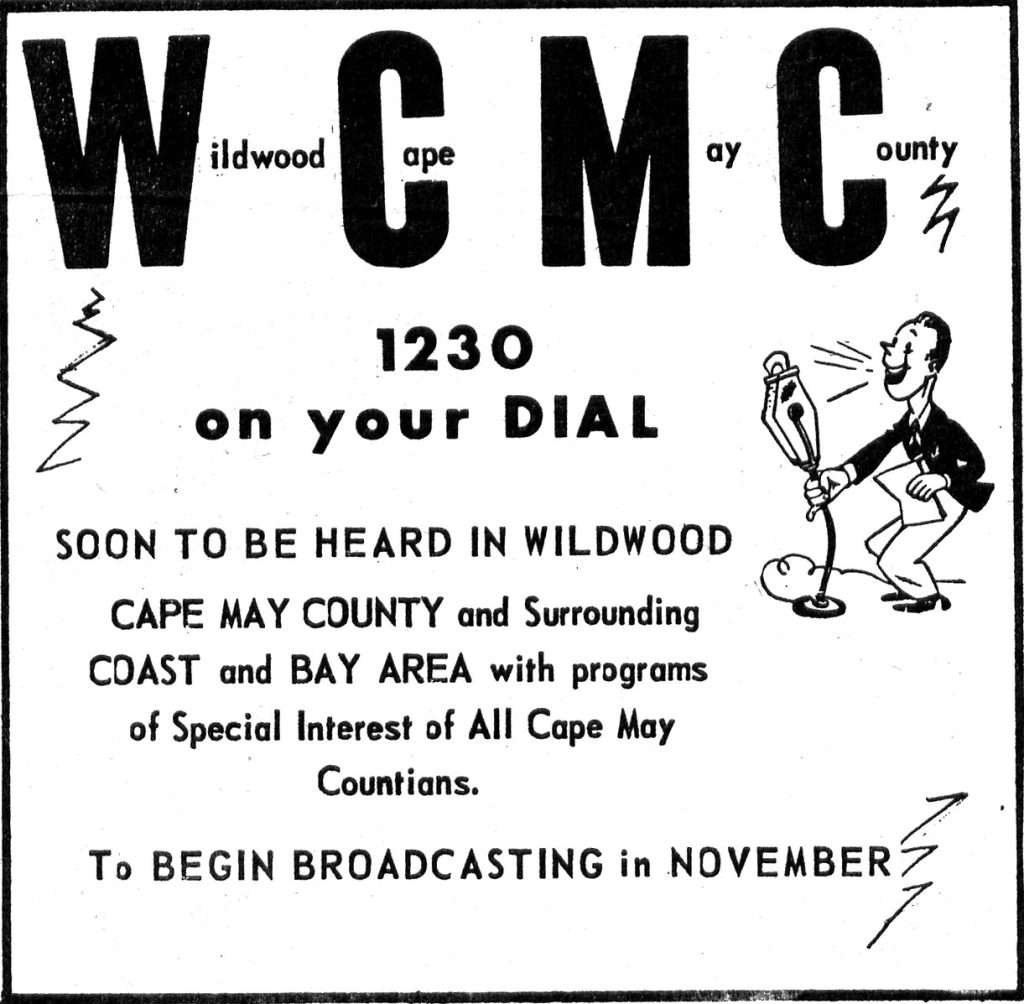
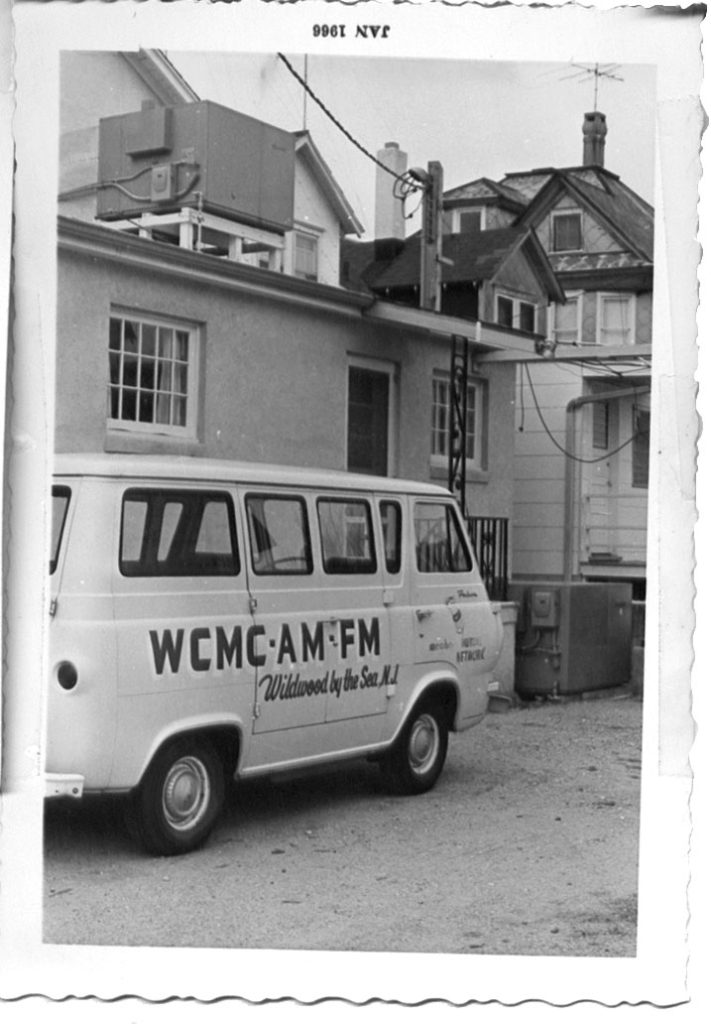
As they say. music is the soundtrack of your life. That got me thinking about my earliest memories of listening to pop music, which began when I was given a small crystal radio set for Christmas around 1949-50. Crystal radios needed no electricity and would play as long as a nearby AM station was broadcasting. You had to move a thin springy wire over a galena (lead) crystal and place the end of the wire on a spot where an AM radio station could be heard. The nearest AM station was in Atlantic City, so in Wildwood any sound picked up was very faint. In 1951, WCMC began broadcasting pop music from their Maple and New Jersey Avenue location, a few blocks from my home. That radio station came in loud and clear on a single earphone that I would lay on my pillow. For many years, I would go to sleep listening to WCMC on my crystal radio set.
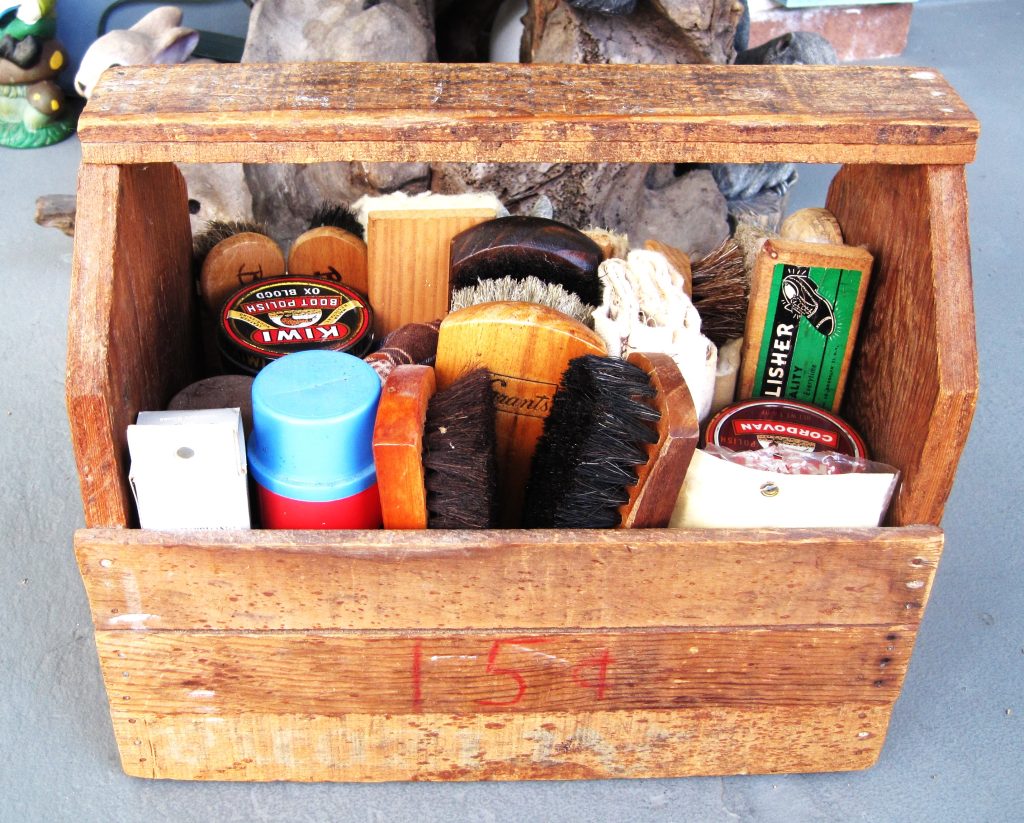
Shoe shining provided my next exposure to pop and rock and roll music in the form of live music emanating from the many Wildwood night clubs of the time, and what follows is how I became a shoeshine boy the summers of 1953 and 1954.
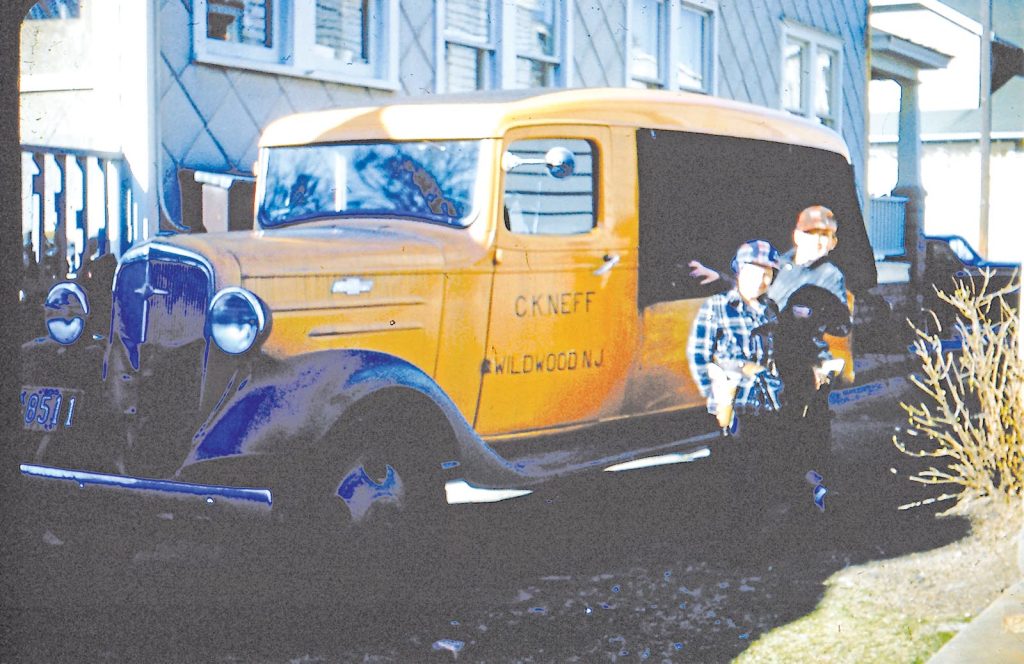
Long before supermarkets and Walmart, there were produce hucksters, folks who peddled groceries door to door on a daily basis, fresh from the farm. They were the middlemen between the consumer and the farmer. At a time when refrigerators and automobiles were not common, produce hucksters would load up goods to distribute over their routes to those who weren’t able to make frequent trips for fresh grocery items. When I was born in August of 1941, my father, C. K. Neff, had been a bookkeeper for the Wildwood Water Department since graduating from Wildwood High School in the mid-1930s. In the mid-1940s, he had an opportunity to purchase a produce huckster route, which came with a 1936 Chevy canopy truck from one of the Conover brothers, a farming family from the Rio Grande area. The Wildwood route covered the area extending from 26th Street to Rio Grande Avenue, from the ocean to the bay.
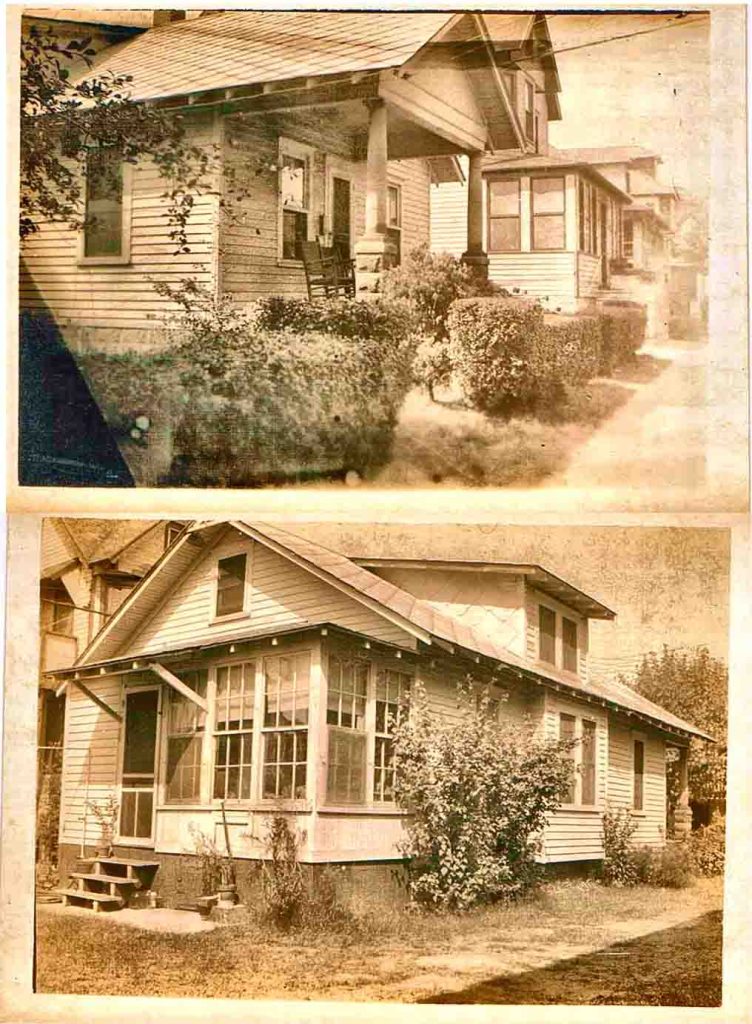
When my father took over the route, my older brother Phil and I were too young to go along. During the summer days, we would stay with our grandmother who lived a block from our home, as our mom, Noreen, worked the route with dad. In summer, the route would expand as folks came down from Philly and elsewhere. While dad was taking care of his route customers, someone had to stay with the truck to take care of walk-up customers. Some of dad’s customers would come out to the truck to actually see and handle the fruits and vegetables, others would just hand him a list, or if undecided would ask dad what he recommended that day. When Phil and I were a couple of years older, during summer, winter and whenever we were not in school, we would often go along to help dad bag orders and carry bags into the customers’ homes. He ran the route six days a week Monday to Saturday and would visit each customer twice during the week. I remember getting my first glimpse of television during those years as three of dad’s year-round customers had black and white televisions.
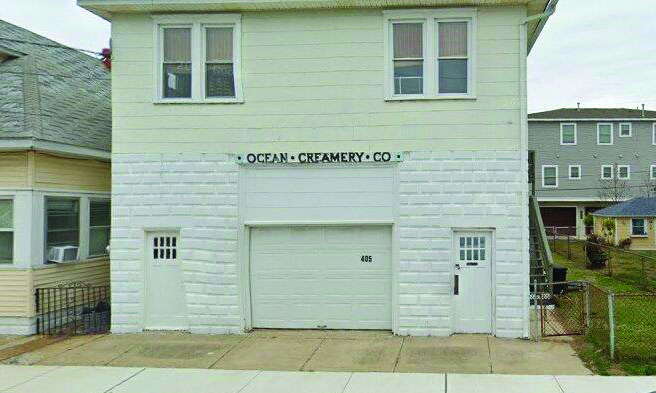
In addition to all fruits and vegetables, dad sold eggs, fresh chickens, and even kept a large 20 lb. waxed wheel of Cooper sharp cheese. Chickens had to be ordered ahead on the previous stop and could be either a ‘stewer’ or a ‘fryer’. Fryers were tender young chickens and stewers were older chickens not suitable for frying. Dad had a cooler with ice on board for the chickens and eggs. The chickens, eggs, and cheese he purchased from the Ocean Creamery Co. at 405 West Burk Avenue. As I recall, the owner was a man named Sol Stern. Whenever I was along, I quickly made my way to the back of the floor to the egg candling room. Candling is a process in which an egg is inspected in front of a penetrating light in a darkened room for signs of fertility, defects, or freshness. All the eggs sold by Ocean Creamery were candled there.
For the holidays, dad would purchase fresh turkeys from Conover’s Turkey Farm which was out by the Wildwood Water Dept. pumping station on Rt 47 Rio Grande. All fresh fruits and vegetables were purchased from Menz Distributors on Park Boulevard between Schellenger and Lincoln Avenues, a property currently occupied by Dave’s Appliances. Menz Distributors sold all fresh fruits and vegetables as well as canned goods and frozen foods. In those days, there were not nearly as many imported fresh fruits and vegetables as there are today. Most items weren’t available until they were in season locally.
By the mid-1940s, Wildwood had an Acme and an A & P, both relatively small in size. Some of the markets in town included Shea’s, Klimez’s, Roselle’s, Flacco’s, Fithian’s, Bonelli’s, Coombs’, Bill Hart’s, Taylor’s, Hughes’, Rinck’s, Haines’, Grau & Weingarth’s, and Temple’s. Dad’s business was usually good during summers, which business-wise at that time started shortly after the schools closed in Philly and lasted until Labor Day. Winters were tough. There were not nearly as many products available to sell and far fewer customers buying.
Approaching the mid-1950s, more folks owned cars, and the Acme and A & P had moved to larger locations, so the need for a produce route business diminished greatly. Dad sold the truck and went to work as a bookkeeper for Goldinger Motors, a Studebaker dealership at the southwest corner of Rio Grande and Pacific Avenues which is presently occupied by the Marvis Diner.
While Dad was busy settling into his new job, my new business venture as a shoeshine boy was just beginning…
I hope you’ll meet me back here in the Winter 2024 edition for the conclusion of My Trip Down Memory Lane in Wildwood by-the-Sea . . .
